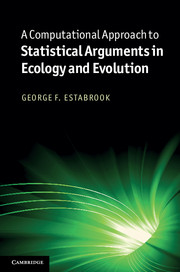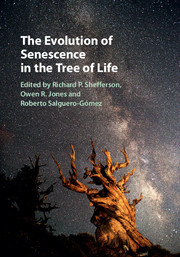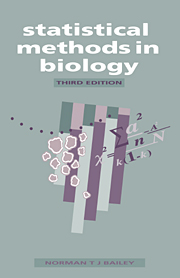A Computational Approach to Statistical Arguments in Ecology and Evolution
Scientists need statistics. Increasingly this is accomplished using computational approaches. Freeing readers from the constraints, mysterious formulas and sophisticated mathematics of classical statistics, this book is ideal for researchers who want to take control of their own statistical arguments. It demonstrates how to use spreadsheet macros to calculate the probability distribution predicted for any statistic by any hypothesis. This enables readers to use anything that can be calculated (or observed) from their data as a test statistic and hypothesize any probabilistic mechanism that can generate data sets similar in structure to the one observed. A wide range of natural examples drawn from ecology, evolution, anthropology, palaeontology and related fields give valuable insights into the application of the described techniques, while complete example macros and useful procedures demonstrate the methods in action and provide starting points for readers to use or modify in their own research.
- Provides four complete EXCEL macros - readers can run them to see techniques in action and copy or modify them for use in their own research
- Uses natural examples from a wide range of fields - enables readers to recognize analogies applicable to their own research
- Uses a small and easy to learn subset of the macro programming language and powers
Reviews & endorsements
'I recommend this volume to students and researchers looking for an easy, interesting, and condensed introduction to a computational approach to statistics.' The Quarterly Review of Botany
Product details
September 2011Hardback
9781107004306
266 pages
235 × 157 × 17 mm
0.56kg
4 b/w illus.
Available
Table of Contents
- Acknowledgements
- 1. Introduction
- 2. Programming and statistical concepts
- 3. Choosing a test statistic
- 4. Random variables and distributions
- 5. More programming and statistical concepts
- 6. Parametric distributions
- 7. Linear model
- 8. Fitting distributions
- 9. Dependencies
- 10. How to get away with peeking at data
- 11. Contingency
- References
- Index.








